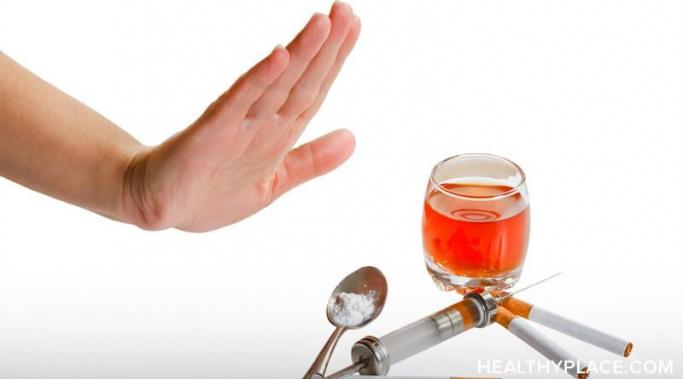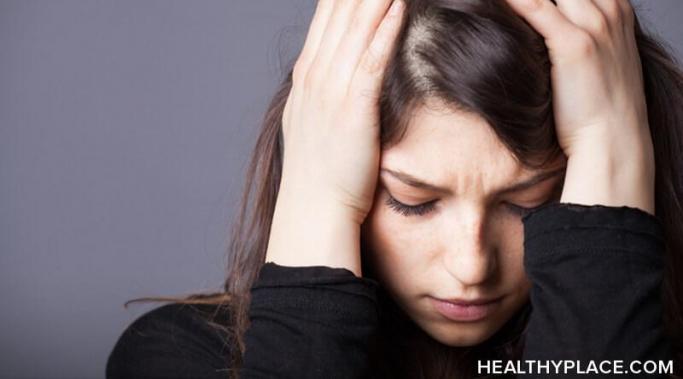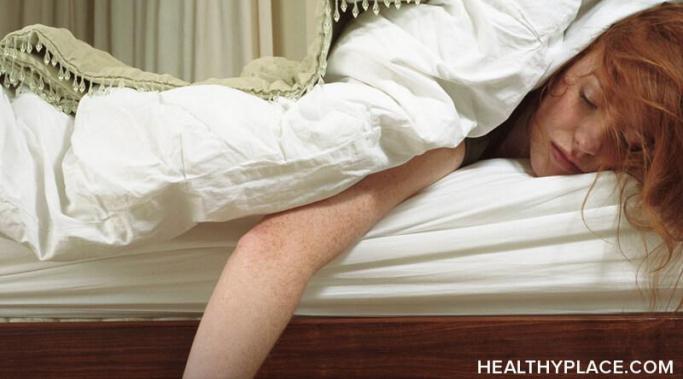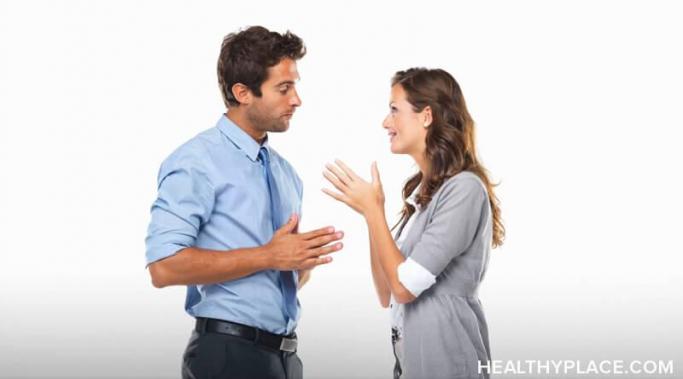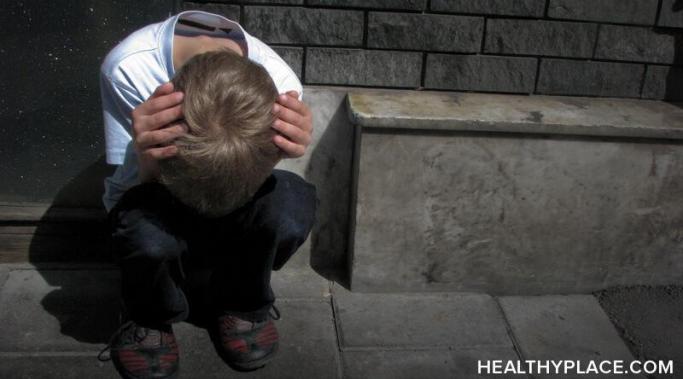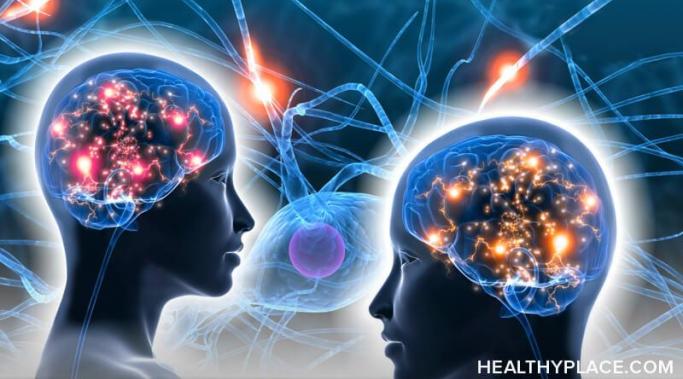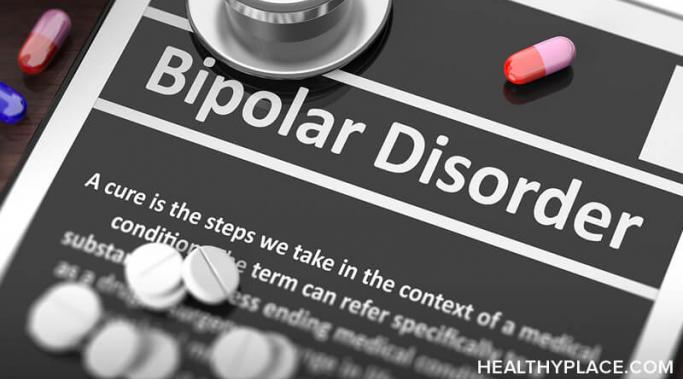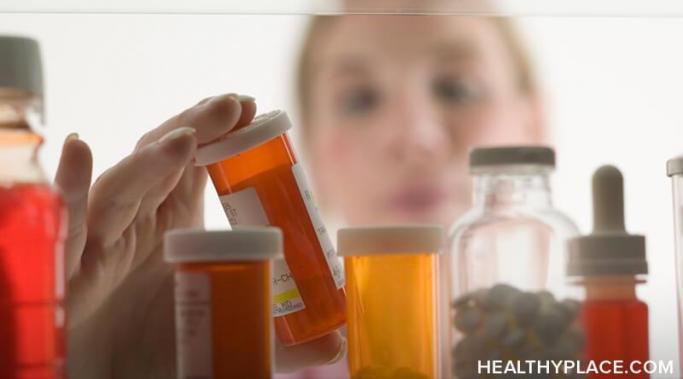At this time of year, we might think about how to change various aspects of our lives. We might want to change our looks, habits, or many other things. These changes are often expressed in the form of new year's resolutions. And as most of us have witnessed, new year's resolutions rarely last past the year being new. I think this, in part, is because we don't think about how to change and what's required to change. And in many cases, change begins with one simple idea: not changing has to be more painful than changing.
Breaking Bipolar
The holidays can make you sad. I know that's not what people think about when it comes to the holidays, but it's true. That said, if you have the propensity to feel sad because of the holidays, there are ways to make your holidays just a bit more merry and bright.
Do you have trouble getting out of bed and sometimes end up staying in bed all day? You're not alone. People with mental illness, those experiencing depression in particular, often have this problem. But no one wants to stay in bed all day. It doesn't help anyone, it doesn't shorten one's overwhelming to-do list, and it doesn't help you feel better, either. So, let's look at techniques to ensure you don't stay in bed all day.
I have bipolar disorder, and I never ghost people. "Ghosting" is a slang term for when someone cuts off all communication. Some people may doubt that I don't ghost people based on my bipolar diagnosis; however, believe me, I am not a "ghoster." Moreover, I'm not the only one. Just because a person has bipolar doesn't mean they will ghost you.
I'm sad all the time. I'm miserable. I'm caught in a well of darkness and depression -- all the time. Now, not everyone who is depressed experiences this. Some people who are depressed experience persistent sadness bouts, yes, but they aren't necessarily constant. Depression can also be characterized by diminished interest or pleasure instead of a depressed mood. In other words, being sad all the time is not required for a diagnosis of major depressive disorder; but it sure seems to be required by my major depressive disorder (that occurs because of bipolar disorder). And the trouble with all of this is that being sad all the time is just too heavy a burden to bear.
I've been flitting in and out of a bipolar mixed mood for a while now, which leaves me trying to find the cause of my bipolar mixed mood. This is no mean feat. So many things can impact a bipolar mood state that narrowing it down to a single mixed mood cause is pretty tricky.
The word "neurodivergent" is flung around social media and is now very politically correct. For example, it's supposedly okay to call a person "neurodivergent," whereas calling them "mentally ill" will get you social media-canceled. But if people insist on using the term neurodivergent, then let's at least know what it means and how to use it properly.
I'm tired of explaining bipolar disorder to people. I realize this is a terrible sentiment to one who actually does this for a living, but it's one I've found myself thinking about at times. In some respects, explaining bipolar disorder and mental illness in general to people is extremely rewarding; in other ways, though, it's just a slog. Having the same conversation over and over again about mental illness with someone who has no clue is exhausting.
Antipsychotics are a class of medications that many people don't like to take. In fact, I was terrified of the notion that it was even a possibility once upon a time. But antipsychotics are often used to treat bipolar disorder and some depression, along with illnesses like schizophrenia, with which we classically associate psychosis. But even though antipsychotics are approved for use in those areas — thus proving they do work for some with those illnesses — people still don't like to take antipsychotics. Why don't people like to take antipsychotics? Well, if you're me, it's because you've tried them.
In our society, people are shamed for not having a positive outlook. In fact, I just read a comment on LinkedIn that said, "Maintaining a positive outlook, ALWAYS, is so very important. Always look for that silver lining. Trust me, in the end, everything is exactly where it should be." And that sums up how many people feel about a positive outlook: it's critical, and something's wrong with you and your line of thinking if you don't have a positive outlook.
